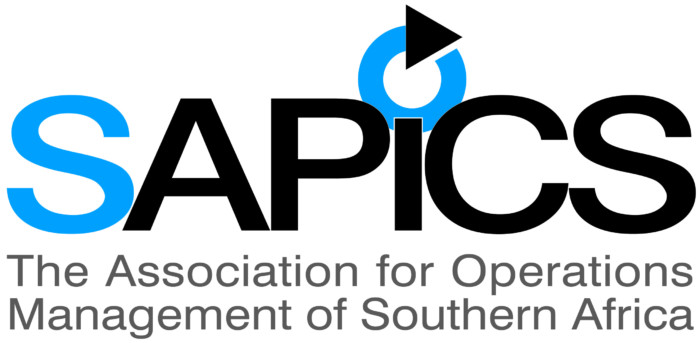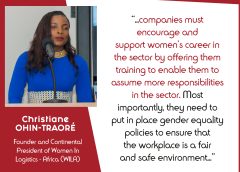A lack of career opportunities is the main reason that women leave the supply chain profession, according to respondents in the recently published seventh annual Gartner / AWESOME Women in Supply Chain research survey.
MJ Schoemaker, president of SAPICS, The Professional Body for Supply Chain Management in Southern Africa, notes that while supply chain management has come a long way from the once male dominated field in which women only filled service roles, it still has a long way to go in terms of gender parity. “We have seen an increase in the number of women employed in the supply chain field but not at the executive level. Women are predominantly working in support functions and there is little movement to the upper levels,” she states.
The fact that more women are graduating with degrees in science, engineering and technology should be good news for the supply chain profession, where these qualifications are sought after, but there is still a gender imbalance that needs to be addressed, according to Schoemaker.
She stresses that organisations must have a clear diversity and inclusion policy that promotes equal opportunities for all employees. “Action must start at the top and be cascaded through the organisation to ensure that all leaders recognise the importance of diversity and move away from the traditional unconscious bias that supply chain is a male career.
“Chief supply chain officers and other executives responsible for strategic leadership must ensure that gender diversity initiatives are designed to make a real, meaningful, sustainable impact, not just to meet targets or tick boxes. These initiatives must encompass career pathing, development and support for women, including flexible working hours and work from home or hybrid work solutions, to enable them to succeed and advance.”
Schoemaker contends that a silver lining of the pandemic was that it put supply chain management on the map. “It is clear that it was an underestimated profession that needs to be developed and supported. The pandemic and subsequent disruptions have shown that we need skilled supply chain professionals more than ever to ensure the smooth flow of goods and services, and we need more of them. It is crucial that we have the right people in supply chain management, and we need more women in the upper levels of organisations to ensure diversity, which is proven to drive profits.”
As an organisation, SAPICS is setting an example for the industry when it comes to gender diversity and inclusion. Schoemaker is the fourth female president who has been at the helm over the years. When she was nominated as SAPICS president last year, she took over from Keabetswe Mpane, who had served as a director of SAPICS for eight years and had a two-year tenure as president. Tracy Cheetham has the honour of being the first woman president of SAPICS. She served in this role for five years – and handed over to Liezl Smith, who was a director of SAPICS for nine years.
“SAPICS is proud of where it is this Women’s Month, and while industry still has much to do to ensure that more women can break through the glass ceiling to hold senior supply chain management positions, there is progress being made,” Schoemaker concludes.

ABOUT SAPICS: http://www.sapics.org
SAPICS’s mission is to elevate, educate and empower the community of supply chain professionals across Africa.
Since its foundation in 1966, SAPICS, The Professional Body for Supply Chain Management, has become the leading provider of knowledge in supply chain management, production and operations in Southern Africa. SAPICS builds operations management excellence in individuals and enterprises through superior education and training, internationally recognised certifications, comprehensive resources and a country-wide community of accomplished industry professionals. This community is ever expanding and now includes a multitude of associates in other African countries as well as around the globe. SAPICS is proud to represent the Association for Supply Chain Management (ASCM) as its exclusive premier channel partner in Sub-Saharan Africa.






